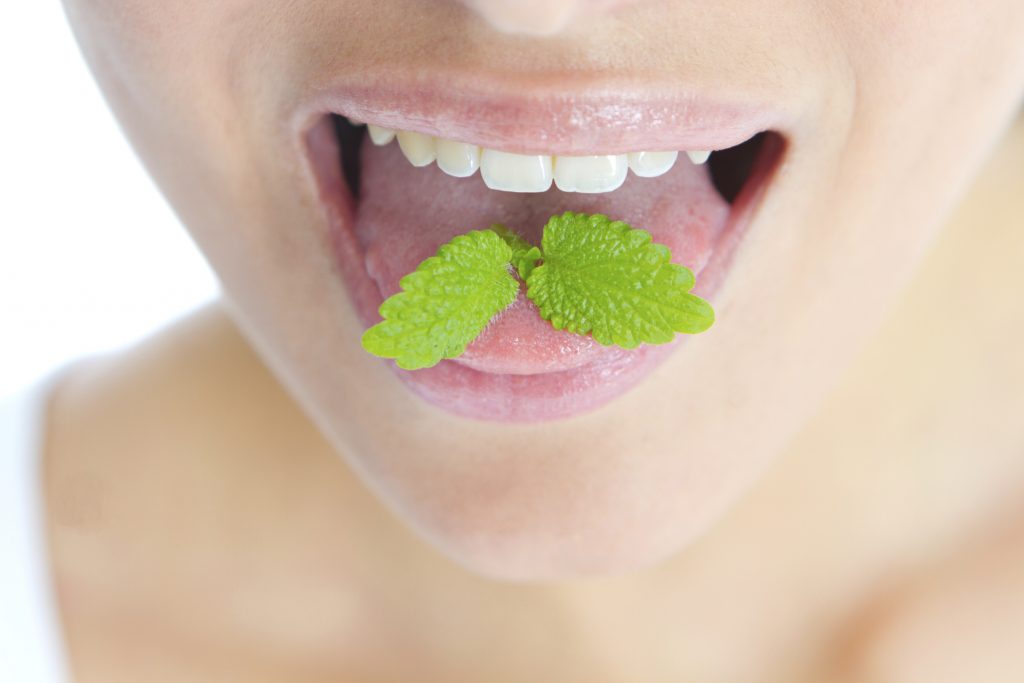Saliva is important because it naturally prevents tooth decay by neutralizing acids, limits bacterial growth, and washing away food particles throughout the day. It also makes the consumption of food easier as enzymes in the saliva aid in the breakdown of food.
Dry mouth is a condition in which one’s salivary glands produce an insufficient amount of saliva to keep your mouth wet. It can be caused by a natural inability for your glands to produce sufficient saliva, medication, aging issues or as a result of radiation therapy.
While dry mouth is an inconvenience, it can also have a notable impact on your general and oral health.
Common symptoms include:
– Dryness or sticky mouth feel
– Bad breath
– Dry or grooved tongue
– Difficulty chewing, speaking and swallowing
Complications:
– Increased plaque
– Mouth sores
– Tooth decay
– Gum disease
– Sores or split skin around the mouth
Due to the variety of causes for dry mouth, it’s important to discuss any concerns you may have with your doctor. Your dentist however may be a good resource for suggestions about how to protect your teeth.
Some suggestions may include a fluoride tray or rinse to prevent cavities. There are also prescription or over-the-counter artificial saliva or moisturizers to lubricate your mouth. These can be effective means of alleviating discomfort in addition to suggestions made by your physician.
At-home remedies:
– Sip water or chew ice chips during the day and during meals
– Chew sugar-free gum
– Over-the-counter saliva substitutes
– Breathe through your nose
– Utilize a humidifier
Dry mouth habits:
– Consumption of caffeine and alcohol
– The use of tobacco, antihistamines, and decongestants
– Consumption of sugary, acidic, spicy or salty foods
For more information regarding dental exams, contact Drs. Freund and Waterloo today at 847-251-8990 or visit www.villagedentalpc.com.
Drs. Chad Freund and Cathy Waterloo proudly serves Kenilworth and all surrounding areas.




